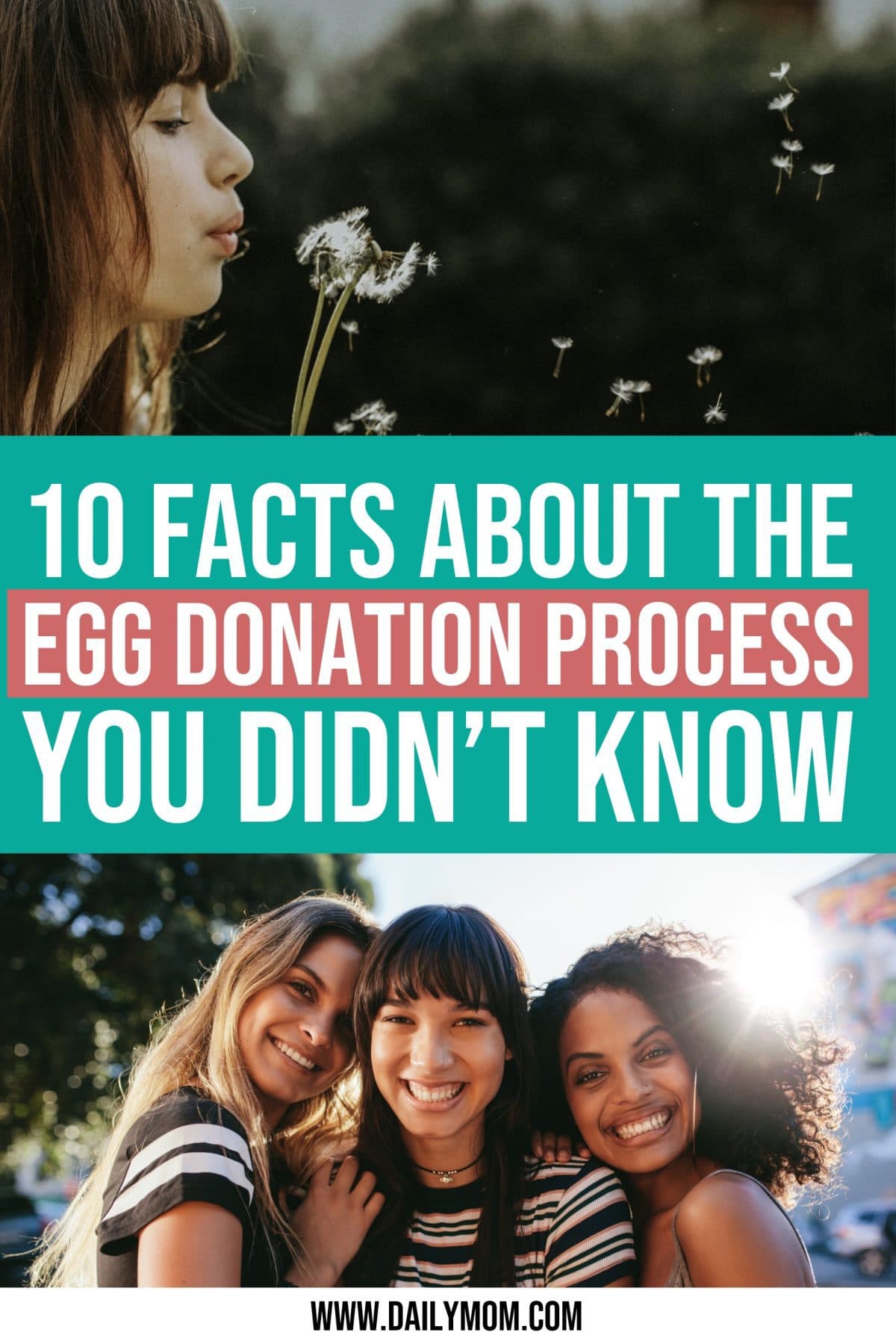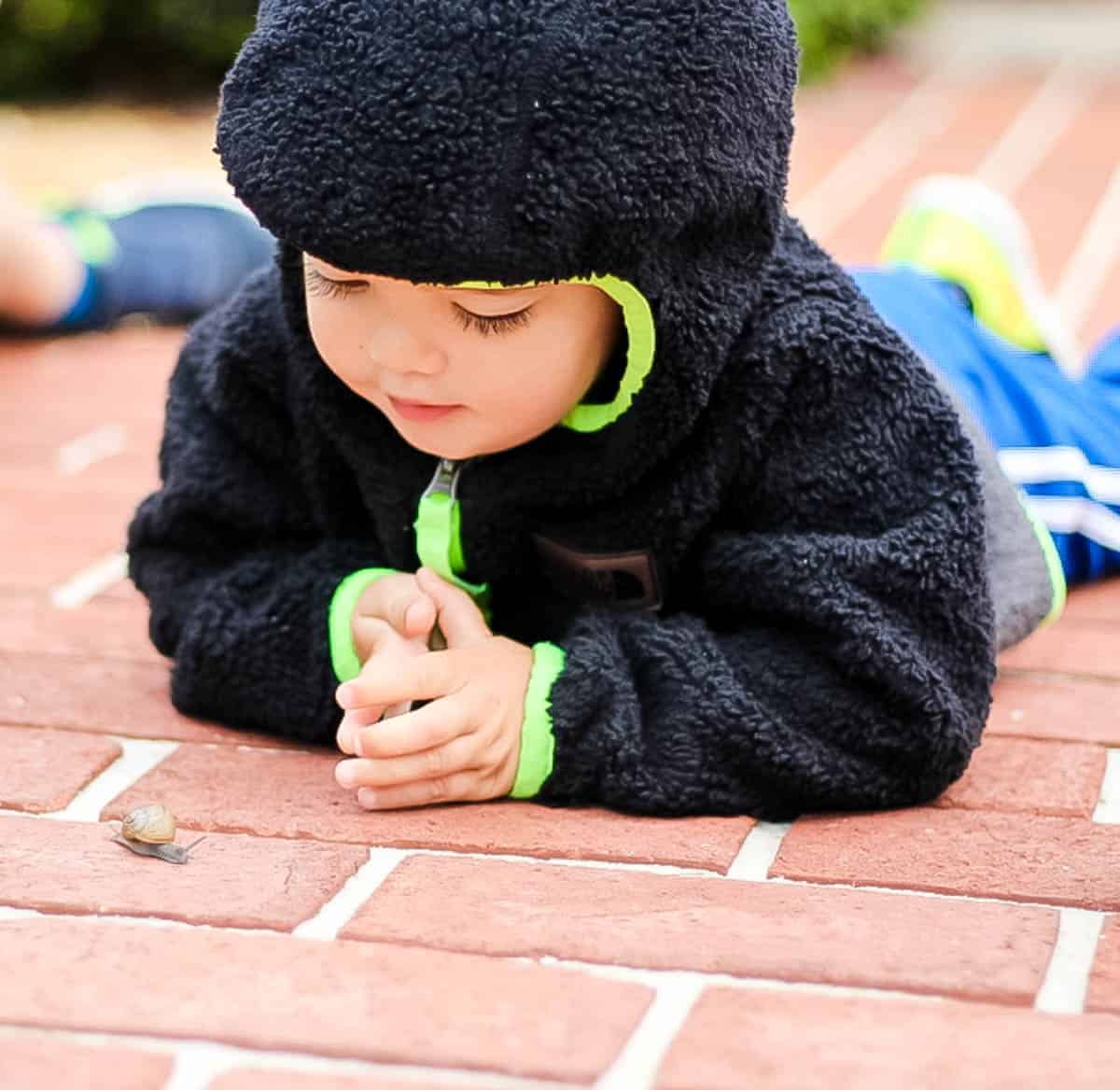Are you considering donating your eggs? Or are you looking for an egg donor in the next step of your fertility journey? Then you’ll no doubt have Googled (and found) plenty of information about the egg donation process. From how to apply to become an egg donor to what’s involved in the implantation process, you’re clued in on what’s involved.
However, if you dig a little deeper, you’ll find some fascinating facts and interesting snippets of information about the egg donation process you perhaps didn’t know before. We’ve brought you 10 of these intriguing facts about the egg donation process below.
10 Facts About the Egg Donation Process

15 Is the Ideal Number of Eggs for Retrieval
According to one study, retrieving 15 oocytes from a stimulation cycle provides the best chance of a live birth. Without these added hormones, women tend to produce around 5-10 follicles per ovary, with one or two of these maturing every month.
The donor’s clinic will prescribe medication to help stimulate this higher number of oocytes, but will do so in a safe way so as to reduce the risk of Ovarian Hyperstimulation Syndrome (OHSS).
Every Clinic Differs in How It Monitors Donors Post-Retrieval
Clinics often monitor donors for a week or more after retrieval, but some may simply send them home and tell them to call if they’re concerned about anything. Therefore, donors should only proceed if they feel comfortable with the level of aftercare they’re offered.
Donors Should Check Their Insurance Before They Become an Egg Donor
Some donor programs may offer medical insurance policies to cover the egg donation process, while others may require the donor to take out additional insurance. Many insurance plans are for 90 days and cover the medication process, retrieval process, and afterwards.
Egg Donors Are Often Quite Young

Since the number of eggs a woman has starts to diminish as soon as she’s born, younger females are prime candidates for egg donation. However, due to the emotional responsibility of egg donation, many clinics ensure their donors are at least 21 years old to participate in the egg donation process.
There’s a Big Difference Between Fresh and Frozen Donor Egg
Despite the process of fresh and frozen donor egg being much the same, the time required for fresh donor egg can be significantly longer. This is because the donor’s and recipient’s cycles need synchronizing before implantation. As a result, fresh donor egg is often far more time consuming and expensive (recipients have to travel to the donor’s clinic or vice versa).
Egg Donors Tend to Have Less Anonymity
Even though egg donors are granted anonymity if they wish, it’s common for potential recipients to see some personal details. They aren’t given the donors full names or addresses, but they’ll have access to photos and personal information disclosed by the donors. This helps them choose their ideal candidate – i.e. someone who may represent their own physical traits. Additionally, donors can choose to participate in open donation where a donor conceived child can reach out to the donor once he or she turns 18 to see if the donor would be interested in meeting them.
Egg Donation is a Significant Time Commitment

Unlike sperm donation, donating eggs isn’t something you can do in a several-minute slot. Rather, it’s a lengthy process from start to finish. First, donors need to go through all of the pre-screening tests, which can take up to 6 weeks. Then, they’ll need to prepare themselves for retrieval, which again, can take up to 6 weeks. This is due to the course of hormones required. The actual retrieval procedure where the donor is put under light anesthesia lasts approximately 30 to 40 minutes, on average.
Egg Donors Can Receive Up to $8,000 Per Cycle
Egg donors can expect to receive up to $8,000 per cycle in compensation for their time and effort (depending on location). Compared to other countries, i.e. Canada and the UK, where there are stricter regulations in place, this is quite a large sum of money. The UK, for example, limits the amount given to donors to £750 ($970).
Most Egg Donors Choose to Donate to Help Others

Despite the aforementioned figures of compensation available to egg donors, the majority of women who choose to do this do so because they want to help infertile couples/women. As we’ve seen, this isn’t a small undertaking. It takes a lot of time, commitment, and emotional understanding. But for many, the emotional reward donors feel is far greater than the financial reward they receive.
Recipient Moms Still Share a Genetic Connection with Their Baby
This fact is perhaps the most heartwarming of them all. According to a recent study, moms who use the egg donation process still influence their baby’s genes while carrying them in the womb. Lacking a genetic connection often concerns potential donor egg IVF candidates, but this fact can provide the peace of mind they need.
WANT TO READ MORE?
If you are interested in exploring conception methods for infertility check out this post.


Heidi Hayes is the Executive Vice President of California Cryobank Donor Egg Bank. She has more than 20 years of healthcare experience and has worked extensively in the field of reproductive endocrinology. Having been unsuccessful at traditional IUI and IVF treatments, Heidi personally understands the struggles of infertility. After many years of trying to conceive, she ultimately built her family through adoption and donor egg treatment. She always believed that if she didn’t give up, her ultimate goal of becoming a parent would someday become a reality.
Sources: Association between the number of eggs and live birth in IVF treatment: an analysis of 400 135 treatment cycles, Hsa-miR-30d, secreted by the human endometrium, is taken up by the pre-implantation embryo and might modify its transcriptome








































